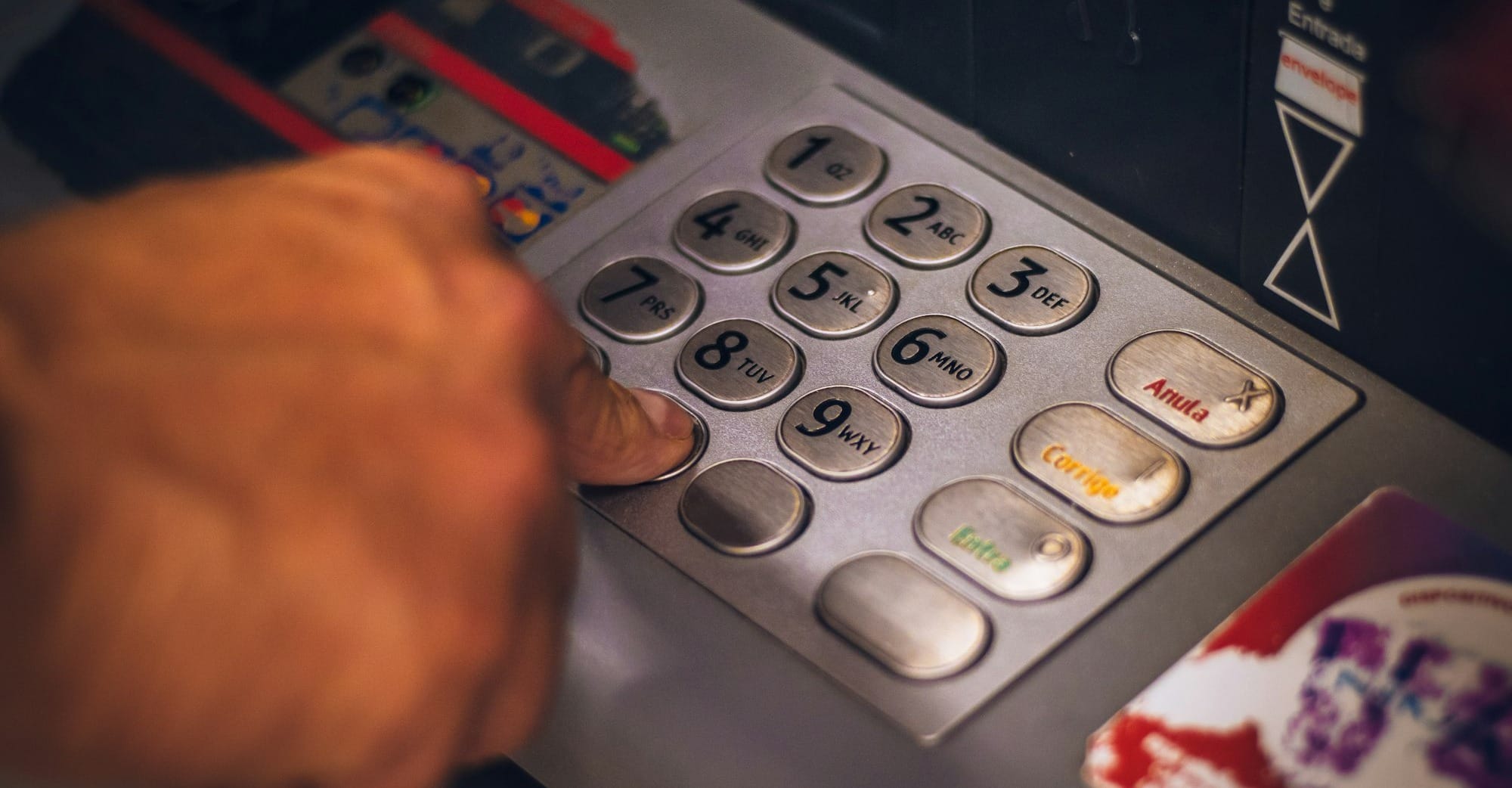Understanding different types of accounts, like checking, savings, joint, business or investment accounts, will broaden your financial literacy horizon. Each has its unique features geared to meet specific financial needs or goals effectively.
Decoding the Features of Bank Accounts
Embarking on the journey towards financial literacy, you'll find that understanding the features of bank accounts is a vital component of this process. These accounts, offered by a plethora of financial institutions, come in numerous shapes and sizes, each tailored to fulfill distinct financial needs. However, every bank account generally comes equipped with standard features such as a unique account number, the facility to deposit and withdraw funds, the option for direct deposit, along with cheques and debit cards. Granting convenience, safety, and ease of access to your funds, a bank account is instrumental in managing your financial resources efficiently.
Keeping a bank account has manifold advantages that extend beyond just allowing you to store your money. It becomes a powerful tool, imparting you with the ability to smoothly channel recurring transactions like paying bills, setting up direct deposits, and making purchases with a debit card. Moreover, bank accounts assist you in tracking your spending, thereby helping to manage your budget effectively. They offer a safer and more secure place for your money, protecting you from the theft or loss of cash. Many offer interest on your stored cash which means your money can grow over time. Plus, having a bank account often contributes positively to your credit history, proving beneficial when applying for loans or credit cards in the future.

Opening A Bank Account
Embarking on the journey of opening a bank account begins with a series of simple steps. These steps are designed to establish a solid relationship with your chosen bank, ensuring your funds are managed safely and efficiently.
First and foremost, it’s important that you select the right bank or financial institution that aligns with your financial needs. This decision impacts the quality of services you'll receive and the ease of access to various banking facilities. Consider factors like location convenience, online banking features, customer service quality, and the variety of services offered before you commit.
Once you have selected your preferred banking partner, the next step is choosing the right type of account that suits your preferences and lifestyle. You could opt for a checking account if you wish to conduct numerous transactions or bill payments. Alternatively, a savings account would be suitable if your primary aim is to save and grow your funds over time.
The next part of the process involves providing relevant personal information. This typically includes your full name, social security number, date of birth, and contact information. Most banks also need proof of identification such as a driver’s license, passport, or other valid government-issued IDs.
You would then have to make an initial deposit if the bank requires it. This deposit varies from bank to bank—some require a sizable amount, while others might not require a deposit at all.
Finally, once the paperwork and initial deposit are sorted, your account will be set up. You'll then receive your checks or debit cards, and you can start transacting.
As for the number of bank accounts one should have, it’s not a one-size-fits-all answer. While it's perfectly fine to have one bank account managing all your transactions, having multiple accounts for different purposes can prove beneficial. For instance, you could have a checking account for daily transactions, a high-yield savings account for long-term savings, and a money market account for an emergency fund. However, be mindful of the management and potential fees for maintaining multiple accounts.
The Various Benefits of Having a Bank Account
Embracing the convenience of a bank account can transform your financial life with a host of benefits. It provides a safe place to keep your hard-earned money away from potential mishaps like theft or loss. Furthermore, a bank account acts as a hub for your financial operations, enabling you to conveniently track your income and outgoings, which is crucial in managing personal finances.
Another advantage of having a bank account is easy access to several financial services. Transactions such as bill payments, money transfers, and direct deposit of your salary become simpler and more efficient. In addition, many banks provide useful tools for budgeting and saving. Importantly, a well-managed bank account can pave the way to financial products like loans and credit cards, furthering your financial journey. Also, let's not forget the sense of security and ease that comes with FDIC insurance coverage for your deposits.
Checking vs. Saving Account: What's the Difference?
Peeling back the layers, we find distinct differences between checking and savings accounts that shape their respective utilities in our day-to-day lives. A checking account, commonly used for daily transactions such as deposits, withdrawals, and bill payments, is your trusty sidekick for managing routine financial operations. Many of these accounts come with check-writing capabilities and debit cards, encouraging continuous access and fluidity.
On the flip side, a savings account is where your money grows quietly in the background. This account type is customarily used for accumulating funds over time, bolstered by interest rates paid by the bank. Withdrawing funds from a savings account is typically restricted to a certain number of transactions per month, nudging your money into a state of relative 'rest.' So, while it may appear that they fulfill similar roles, these two types of bank accounts are fundamentally designed to handle distinct sides of your financial spectrum.
Types Of Bank Accounts
When deciding which type of bank account to open, it's important to consider your financial goals and how you want to manage your money. Here are some of the most suitable types of bank accounts you can open, which cater to varied financial needs.
High-Yield Savings Account
A high-yield savings account is a fantastic choice for those seeking to raise their savings game. Compared to a standard savings account, these come with substantially higher interest rates, growing your deposits at a quicker pace.
Joint Account
For partners or family members wishing to pool finances together, a joint account may be the perfect fit. This type of account allows for shared access to funds, beneficial for household expense management and aligned financial goals.
Certificate of Deposit (CD)
If you can afford to set aside a chunk of money for a pre-set term, ranging from a few months to several years, consider a Certificate of Deposit. These specialized accounts typically offer higher interest rates than standard savings accounts but aren't as liquid, meaning you'll face penalties for early withdrawal.
Money Market Account
A fusion of a checking and savings account, a money market account offers the ability to write checks and make ATM withdrawals while also earning interest. If you're searching for an account that combines accessibility with growth, this could be a compelling option.
Remember, the best type of account for you depends on your specific financial needs and habits. So, before making a decision, take an honest review of your monetary goals and the level of access you need to your funds.
Accounts With High Interest Rates
When you're looking for a bank account that will help you grow your savings, considering the interest rate is crucial. There are a few types of bank accounts that generally offer higher interest rates than traditional accounts. Have a look at these:
Online Savings Accounts
Without the overhead costs that come with operating physical branch locations, online banks can provide higher-than-average interest rates. Check out banks like Ally, CIT Bank, or Marcus by Goldman Sachs if you're interested in online savings accounts.
High-Yield Checking Accounts
Though unusual, certain banks provide high-yield checking accounts. They often require specific usage criteria to be met, but in return, they offer considerably better interest rates than the typical checking account. Some instances include Consumers Credit Union and Lake Michigan Credit Union.
Rewards Checking Accounts
Although they technically are not interest-earning, rewards checking accounts can grant impressive yields in the form of cashback or points on purchases. Options to consider are Radius Bank's Rewards Checking or the Cashback Checking account from Discover.
Relationship Savings Accounts
Some banks provide better interest rates for consumers who decide to open multiple accounts with them, like a checking, savings, and investment account. These are often called "relationship savings accounts." Banks like Chase and Bank of America offer these types of accounts.
Each of these account types can offer you high interest rates, helping you grow your wealth at a faster pace. However, remember that every bank account has its own fees, requirements, and stipulations, which you should carefully consider before opening one.

